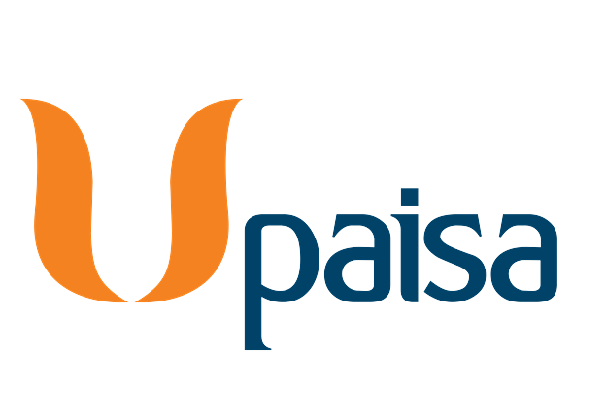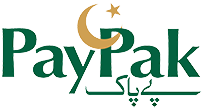Most businesses are shifting online, changing from a local business to a digital company serving customers all over the globe. Use the guide below to understand the different aspects of web hosting before deciding to establish an online presence for your business.
Websites 101
Before defining web hosting, it is essential that you first understand the definition of a website. A website is a set of interlinked web pages located under a single domain name. Collectively they make up the World Wide Web (WWW). A person or organization can own websites, and these sites can serve a multitude of different functions.
A website has three main parts: the domain name, site files, and web hosting servers.
Domain Name
A domain name is what users type in a browser’s search bar to access your website. It is a unique, easy-to-remember address that cannot be shared between different sites.
Site Files
These are the web pages your customers will see when visiting your site. Site files comprise your website’s photos, media files, graphics, and other scripting data. These files will dictate web hosting servers how the page should look.
Web Hosting Servers
Web hosting servers are like the rental space for your website files. Your files would have no secure place to exist on the web without the hosting services.
Types of Web Hosting Services
There are various types of web hosting plans, including:
- Shared Web Hosting Shared Hosting is the most basic form of web hosting available. It’s usually recommended for new websites, as it’s the most economical way to start. Purchasing a shared hosting plan is like renting an apartment unit in a building with other tenants. When you sign up for this type of plan, your website will be housed on a single server along with those of a few hundred to a few thousand other websites.
- VPS Hosting VPS Hosting is recommended for more advanced users. If you need to install specific packages or software not provided by shared hosting, this hosting service is best for you. Your website is stored on a server with other websites, like shared hosting, but usually, there are fewer websites per server. It also provides root or admin access to its own operating system installation in a virtualized environment.
- Dedicated Hosting Dedicated Hosting is recommended for large companies with big websites and significant needs. Your website(s) will get full access to the entire server since it’s not shared with other users. This is also the suggested route for websites with many visitors (traffic) or custom requirements not available in a shared hosting environment.
- Reseller Hosting Reseller hosting is specific to those webmasters who wish to turn a profit by providing hosting services to others. They are shared hosting accounts with additional built-in tools to manage many websites under one control panel and resell host space.
Choosing the Type of Web Hosting You Need
It is essential that you know what will be required from your website before getting a web hosting plan. Here are some questions to guide you in making a decision:
- What type of website are you creating?
- Is it a WordPress blog?
- An online store?
- Do you need e-commerce features?
- Do you need a particular kind of shopping cart software?
- Are you looking to have the ability to handle business transactions on the site?
- Do you require technical support?
- How much traffic do you expect?
- How much growth do you anticipate?
- Do you require a type of script support?
- Do you need to utilize Windows applications or special software?
- Where do you see your company and website in the following months or years?
Feel free to contact us for any inquiry on signing up for a hosting plan. You may also check the available hosting packages for more information.




